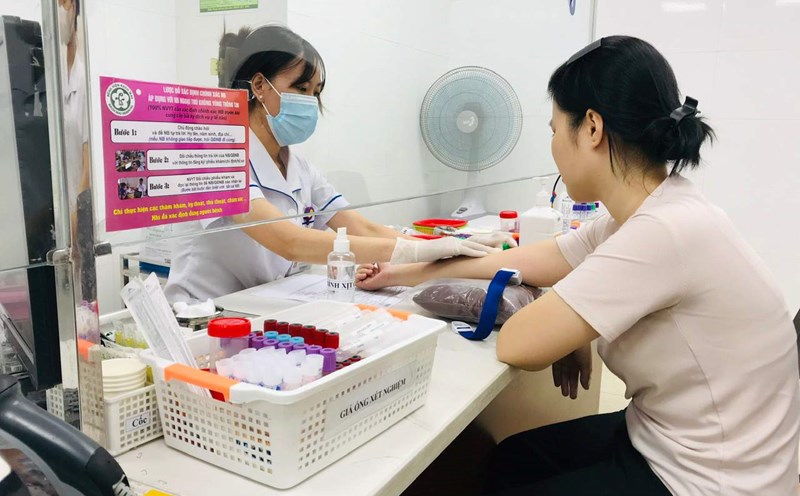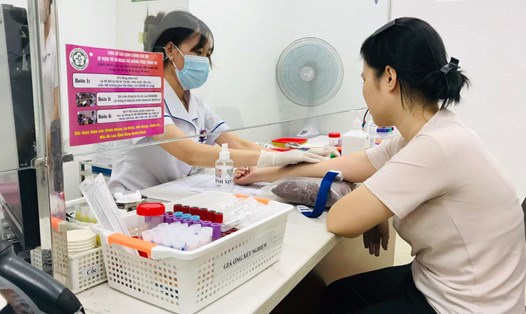This ban is not simply an administrative measure, but a wake-up call for an alarming reality: the confusion between medical treatment and commercial marketing is silently eroding the trust of patients.
In fact, functional foods entering hospitals is not a strange thing.
Assoc. Dr. Dao Xuan Co, Director of Bach Mai Hospital, shared at the scientific conference within the framework of the Conference of Club Director of the Northern Hospitals, April 19: "Patients have to sell buffaloes, cows and chickens to go to Hanoi to examine, but in addition to 3 dong to buy drugs, they must spend 7 dong for functional foods, because the doctor prescribes, the patient often has to try to buy them".
In the context that the police have just dismantled a ring of producing 573 fake milk powder brands and a ring of producing and trading fake new drugs on a large scale, the problem has become more painful than ever.
Functional foods are not drugs. The law also clearly stipulates that doctors are not allowed to prescribe them. But in reality, in many hospitals, doctors still "circumvent the law" by printing a separate piece of paper called a "counseling note" or "support appointment certificate".
Of course, there are no violations on paper, but in reality, patients, especially the elderly and people in remote areas, mistakenly understand that it is part of the prescription, and have to try to buy enough, regardless of high costs or unknown effects.
It is in that ambiguity that the prescription power of doctors - which is a symbol of expertise and medical ethics, is at risk becoming a marketing tool.
When patient trust is broken into consumer demand, when hospital pharmacies become places to consume functional foods with "attractive" discounts, the hospital is no longer a place to treat diseases, but is operating as a sales model - where patients reluctantly become customers.
Fortunately, there are hospital leaders who have chosen a clear attitude. Bach Mai Hospital, for example, publicly announced the regulation prohibiting the prescription and sale of functional foods throughout the hospital.
And this ban should be in all hospitals nationwide because of the practical benefits it brings to patients and the medical industry.
We do not deny the wonderful supportive role of quality functional foods in proactive health care. However, it is necessary to clearly recognize that functional foods do not have the effect of replacing drugs, and cannot be used as a treatment tool.
Doctors and pharmacists participating in marketing, advertising, and prescribing these products in hospitals, whether indirectly or directly, is a violation of professional ethics.
When doctors ignore, for personal gain, becoming sellers, patients will no longer know who to trust. And when the hospital is taken advantage of to turn into a market, treatment is no longer a priority, but will become an excuse for disguise business trials.












